MINISTER KABANDA SAYS SCHOOLS MUST ADHERE TO POLICY BANNING FEES IN GOVERNMENT SCHOOLS
PUBLISHED — 23rd, May 2024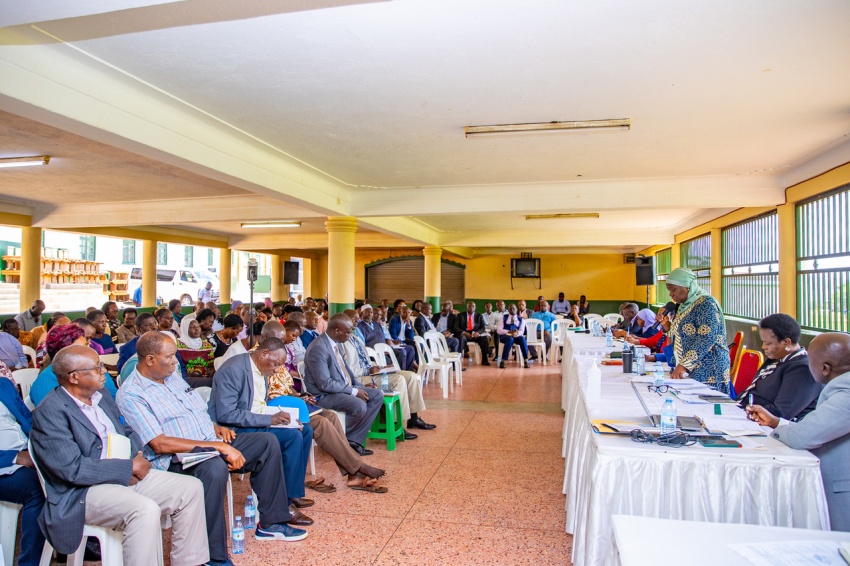
The Minister of Kampala Capital City and Metropolitan Affairs, Hajjat Minsa Kabanda, has held a meeting with government school leaders in Kampala to address the contentious issue of school fees levies.
The meeting was prompted by complaints from parents about the financial burdens imposed by some Universal Primary Education (UPE) and Universal Secondary Education (USE) schools.
Held at St. Peter's Primary School in Nsambya, the meeting was attended by stakeholders such as head teachers, School Management Committee (SMC) chairpersons, Board of Governors (BOG) chairpersons, and political leaders. These were drawn from the 79 primary schools and 22 secondary schools, managed by Kampala Capital City Authority (KCCA).
In her address, Minister Kabanda highlighted the perennial grievances voiced by parents regarding various charges demanded by schools. These include application fees, costs for meals, building projects, uniform, utilities and textbooks among others.
“The Education Act strictly prohibits the levying and collecting of school fees in schools implementing UPE and USE programs. I want you to fulfill this so that the poor parents are able to educate their children,” Kabanda said.
The Ugandan government introduced UPE in 1997 and USE in 2007 with the aim of guaranteeing accessible and affordable education for every child in Uganda.
President Museveni has repeatedly cautioned schools against levying fees, emphasizing the importance of adhering to free education policies to ensure that education remains accessible to all children in the country.
The 2008 Education Act prohibits the payment of tuition fees at government or grant-aided primary schools. It specifies that while fees for midday meals are permissible, payment is optional and no child should be excluded from school for non-payment.
Following the meeting, Kabanda called the formation of a committee whose mandate will include developing a comprehensive report and formulating resolutions to be presented to the Ministry of Education.
This initiative seeks to ensure that schools in Kampala adhere to the stipulated policies while addressing unique challenges faced by the metropolitan area, such as the high costs of living, food, accommodation and utilities among others.
Dorothy Kisaka, Executive Director of KCCA, underscored the need for each child to access free education as envisioned by Government. She emphasized that the primary objective of the gathering was to address and resolve challenges associated with school fees and to adhere to the education policy.
During the meeting, Dr. Tom Baloja, representing primary school leaders, underscored the resource challenges faced by schools, including managing utilities, security, and support staff. He called for an increase in the capitation grant to better support government efforts in expanding universal education.
The meeting concluded with a consensus on the need for government intervention to increase funding and ensure that no child is excluded from education due to financial constraints.
News & Announcements
23rd, December 2025
22nd, December 2025
20th, December 2025
19th, December 2025
18th, December 2025
17th, December 2025
16th, December 2025
15th, December 2025
11th, December 2025
10th, December 2025


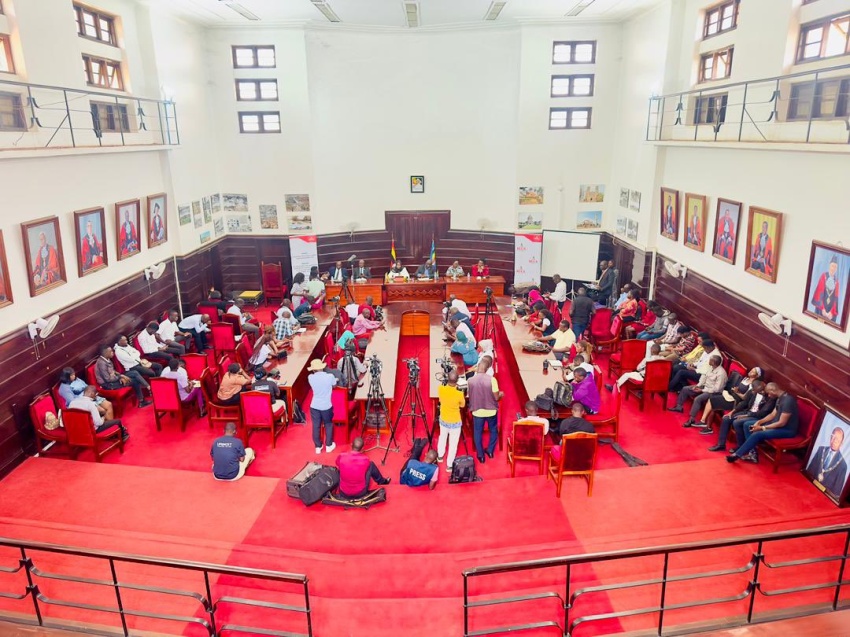

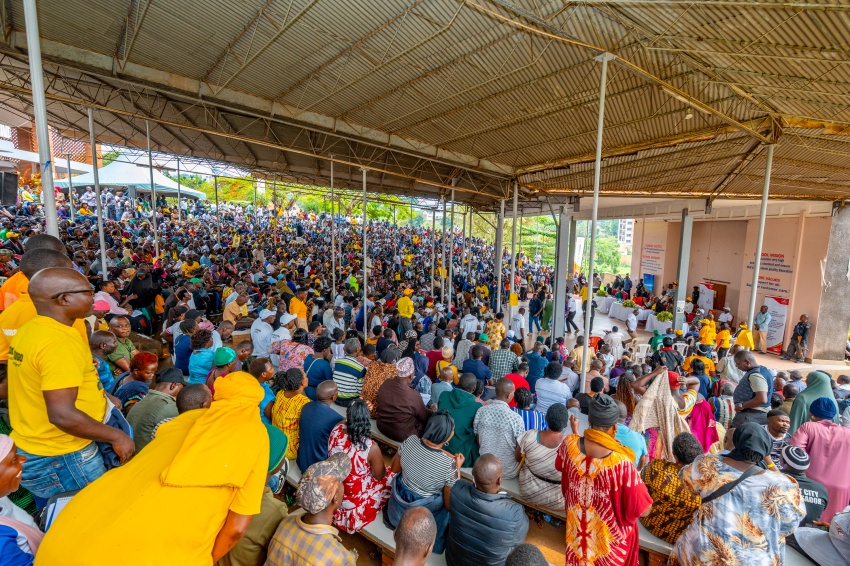
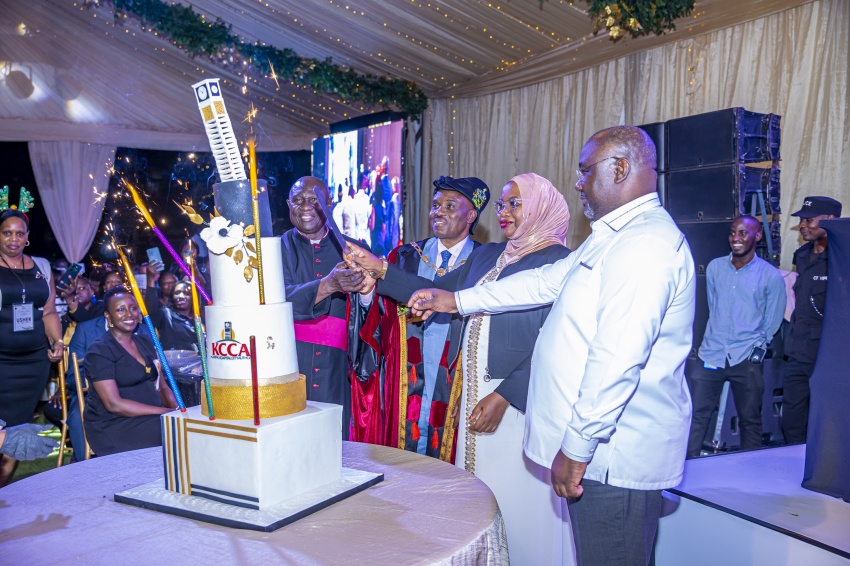
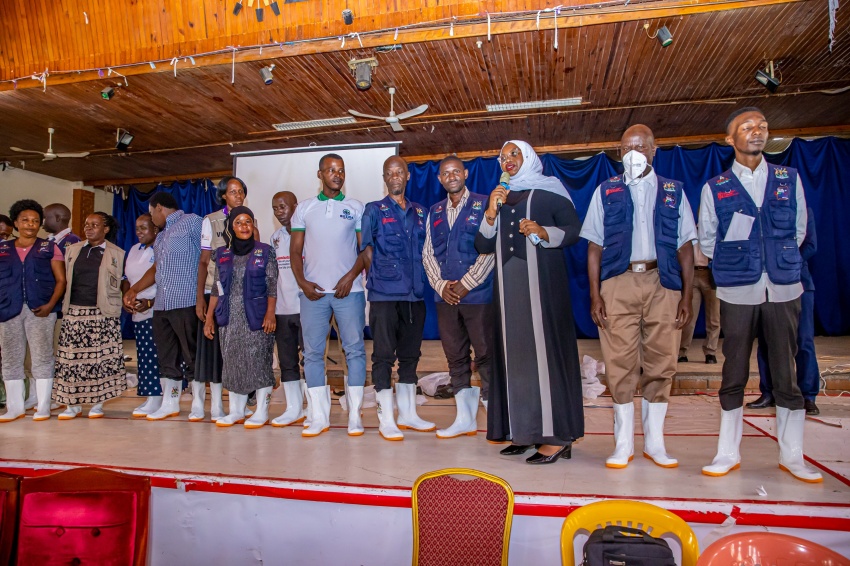

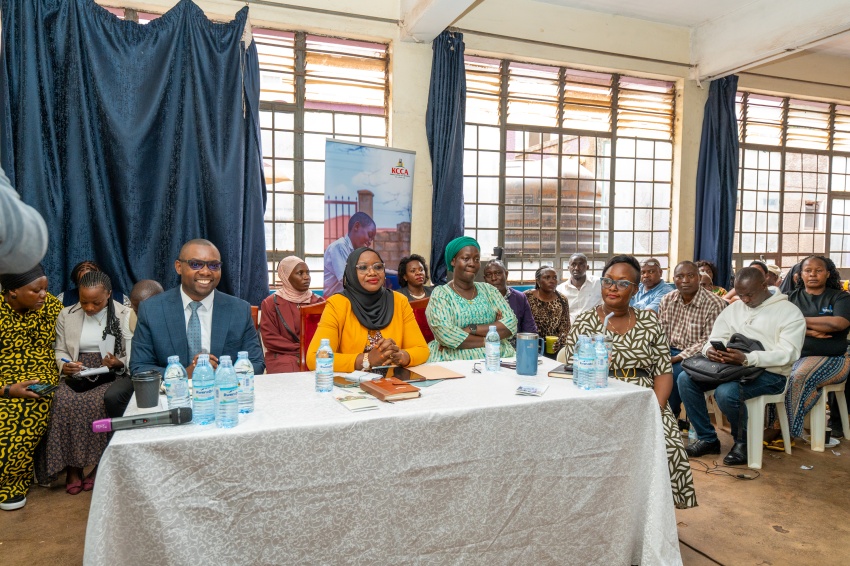

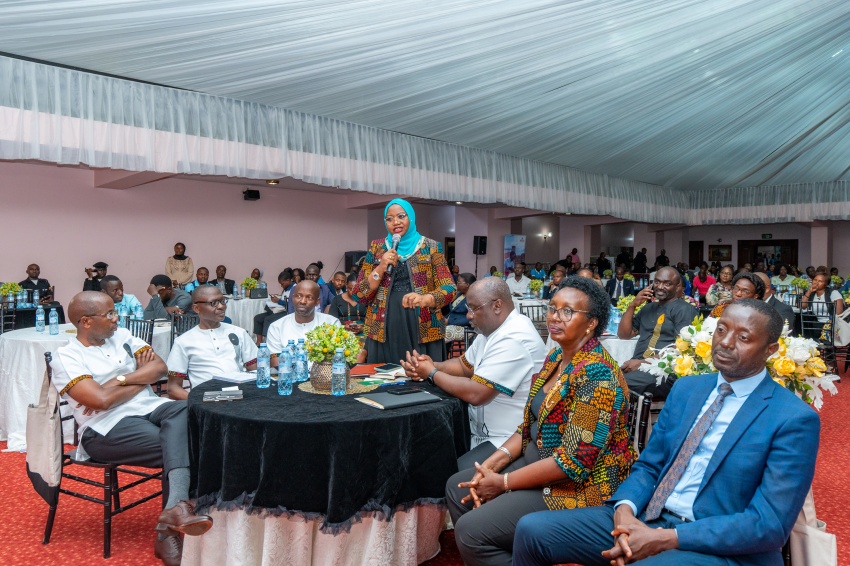
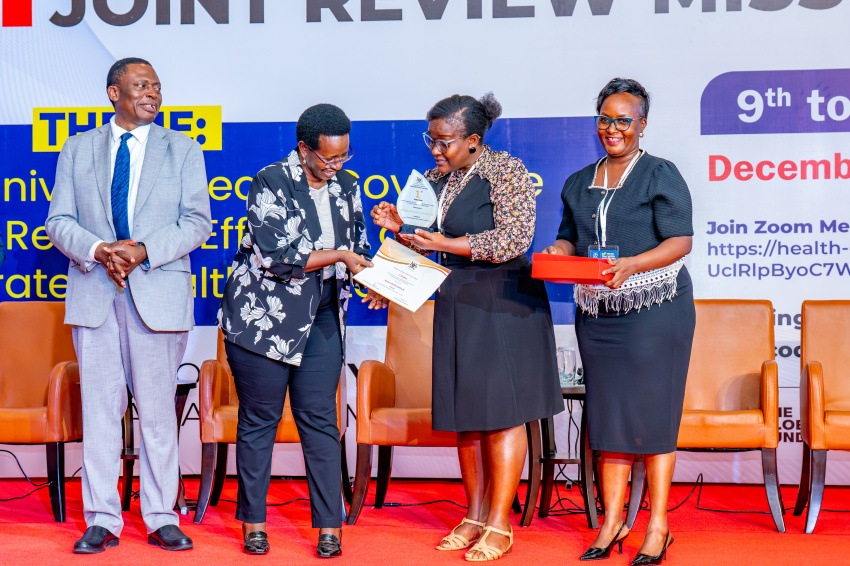









Development partners